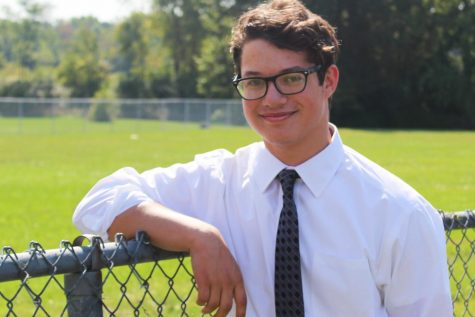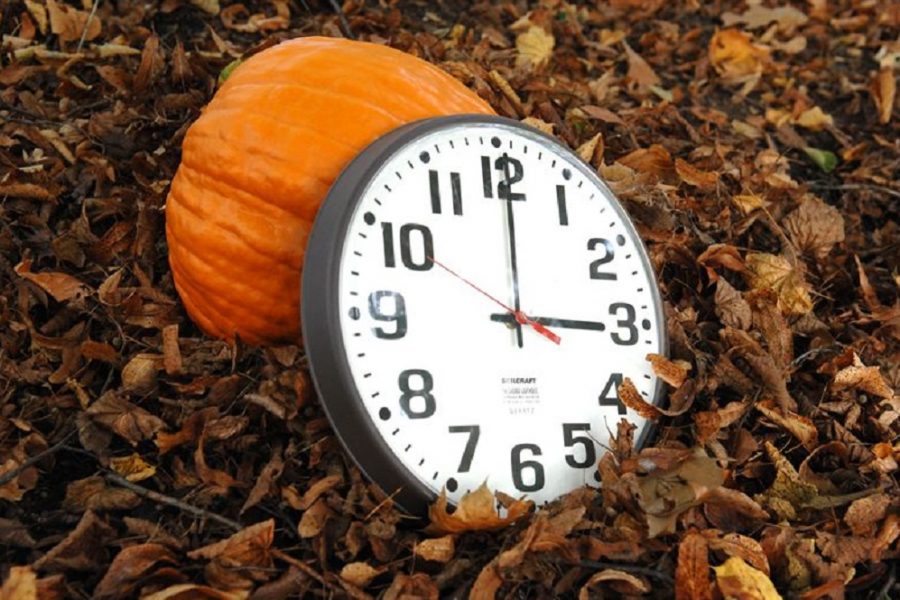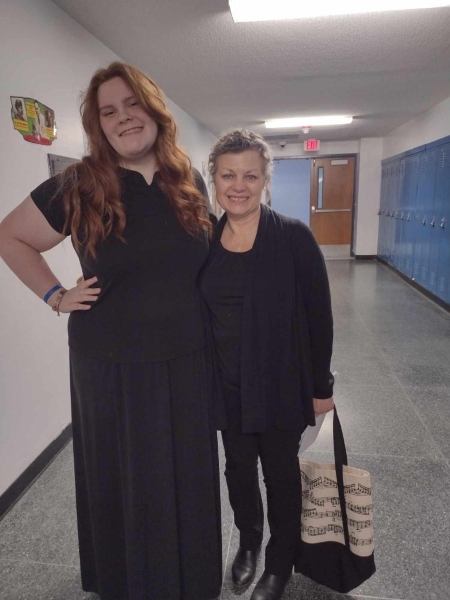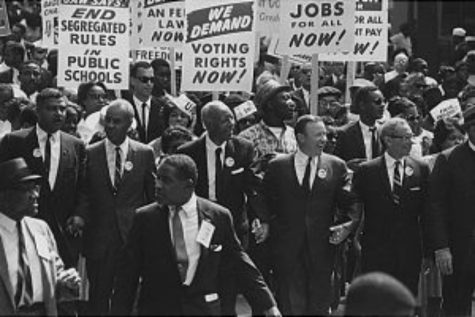Clocks will fall back an hour soon
IMAGE / Airman 1st Class Brittany Perry
Daylight saving time is Sunday, Nov. 4. At 2 a.m., clocks will be set back an hour to 1 a.m.
It’s that time, once again, when people set their clocks back an hour for the end of daylight saving time.
On Sunday, Nov. 4, clocks will be turned back at 2 a.m. to 1 a.m.
Junior Delanie Schreiber appreciates the extra rest she receives because of daylight saving time, though she feels it doesn’t matter in the modern world.
“I feel great because I get more sleep, which is a rare occurrence,” Schreiber said. “(Though) at this point, it probably doesn’t matter because it was made for farmers.”
Congress passed the Uniform Time Act in 1966, which created daylight saving time.
Daylight saving time starts each year on the second Sunday of March and ends on the first Sunday of November at 2 a.m.
Benjamin Franklin gets most of the credit for daylight saving time, though he only suggested it so that Parisians could change their sleep schedules to save money on lamp oil.
One of the larger reasons people oppose daylight saving time is because they lose an hour of sleep in the spring.
Many also see it as being an unnecessary tradition.
However, some see it as beneficial for the environment.
With more sunlight during the day, people conserve electricity, which, in turn, requires less fossil fuels to be burned.
Whatever the benefits or costs of daylight saving time, there are few plans to stop it any time soon.

Birthday: March 14, 2002
Hobbies/Interests: Drawing, and playing guitar, ukulele, and piano.
Favorite Quote: "No I can't marry you, I have...











